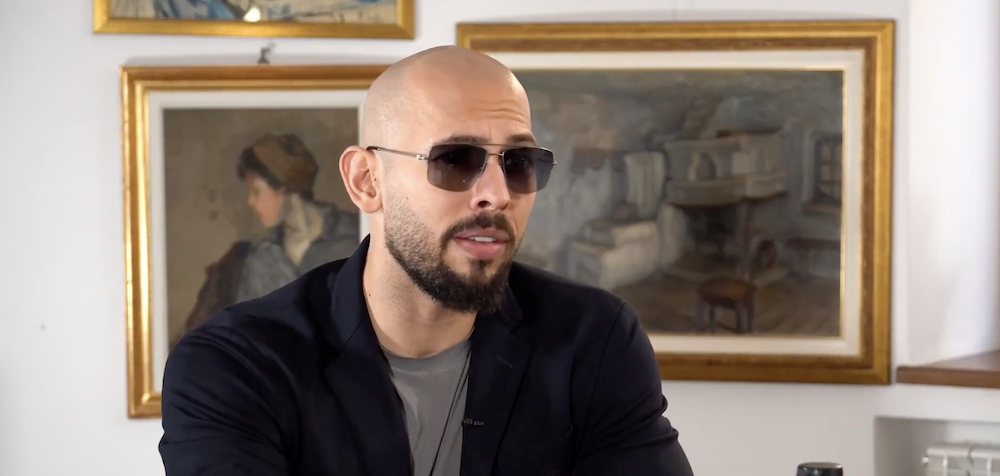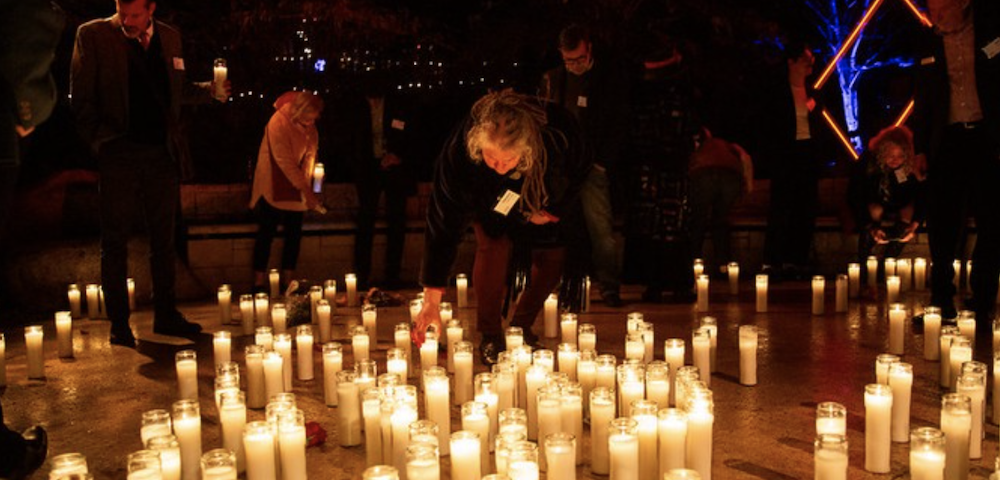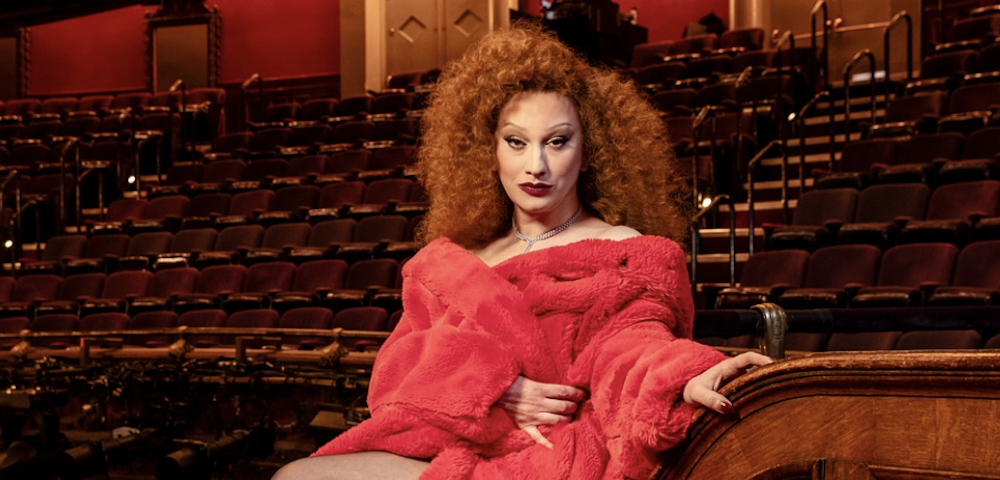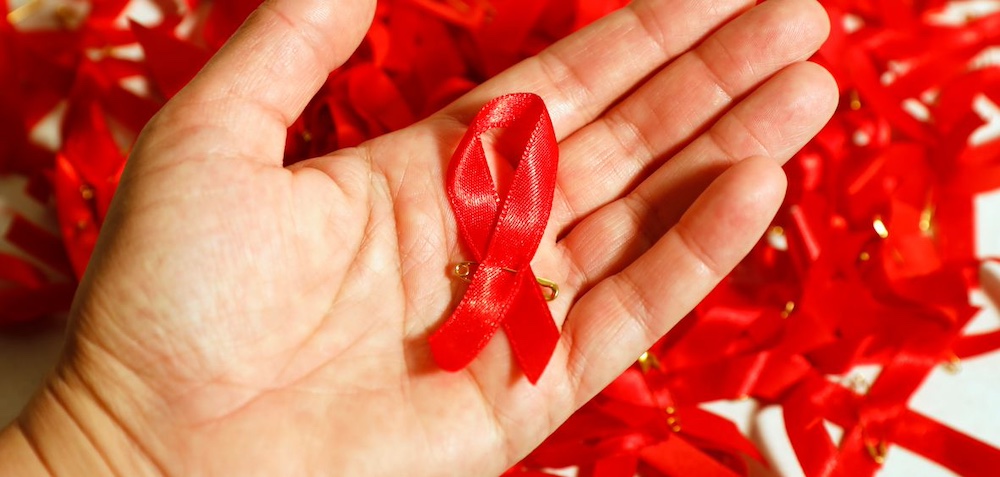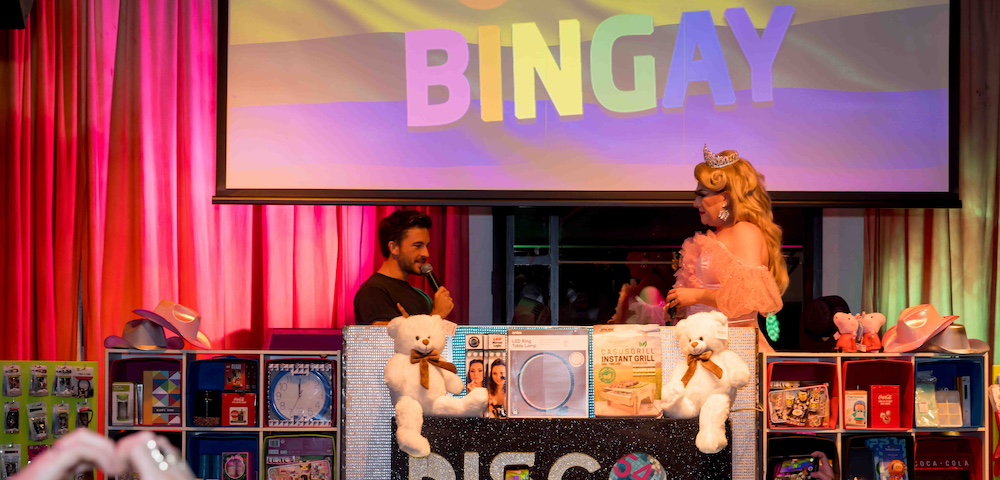
Queensland schools ‘most homophobic’

 Teachers have been implicated in contributing to Queensland LGBTI students schools suffering more homophobic abuse and bullying than other states according to recent university research. Teachers were even found to condone homophobic bullying between students in some instances.
Teachers have been implicated in contributing to Queensland LGBTI students schools suffering more homophobic abuse and bullying than other states according to recent university research. Teachers were even found to condone homophobic bullying between students in some instances.
University of New England (UNE) School of Education lecturer Dr Tiffany Jones has released the results from her research project ‘Homophobic Bullying in Queensland’, and is working in conjunction with Parent and Friends of Lesbians and Gays (PFLAG) to change the environment that exists within Queensland schools.
Jones who has conducted several studies on LGBTI issues within education found more than 80 per cent of 581 gay and lesbian students reported bullying in Queensland schools across all sectors, including abuse by teachers.
“Many staff and students genuinely don’t see homophobia AS bullying – it is so ingrained into Queensland culture that you see Queensland politicians constantly making homophobic statements in the press.” Jones told the Star Observer.
PFLAG Brisbane’s Janet Berry and other representatives met with Sharon Mullins, the Executive Director of State Schooling Operations and Strategy with the Department of Education, Training and Employment (DETE) earlier last week.
Berry presented Mullins with stories involving student and teacher involvement in homophobic bullying and the results of Jones’ research. These stories involved scalding, broken noses, verbal abuse and one principal apparently telling a student “it’s your fault you’re gay”.
Mullins was apparently surprised to hear of such abuse going on within Queensland schools especially when teachers were involved, a trend that was of “huge concern” to Berry.
“What is also a concern is that there is no process in place for students who have been abused to report these unlawful acts of discrimination. If a school is not a safe place for students.” Berry told the Star Observer.
Mullins was keen to implement guidelines aimed at preventing homophobic bullying into the DETE’s policies and sections of their websites regarding student welfare, however Berry wanted this commitment to be reflected throughout all DETE documents and web sites.
The fact that these guidelines and policies didn’t previously exist within the DETE whilst other states implemented them years ago, concerned Berry and came as a “great surprise” to her and PFLAG.
According to Jones, homophobia has been overlooked in Queensland’s education system due to the absence of the LGBTI student guidelines but also due to a “real lack” of sexuality education, which is not mandatory unlike other states such as New South Wales.
“Research shows teachers really aren’t covering [sexuality education]. So we need to have a distinct requirement to deal with GLBTIQ student issues in Queensland.”
Jones’ research showed that one in ten Queensland LGBTI students didn’t receive any sexuality education and that rose to 23 per cent in Catholic schools. Almost half of students also reported that their school had no support available to them, and this rose to 50 per cent in Catholic schools.
The research also showed that LGBTI students are experiencing more homophobic bullying than ten years ago. Jones put this down to factors including students ‘coming out’ at an earlier age and more often.
The continuing debate over marriage equality and a greater rate of explicitly homophobic comments from both the public and some Queensland politicians were also significant factors according to Jones.
Berry urged all schools to immediately act upon all reports of homophobic bullying by anyone.
“Failure to act against homophobic bullying is discriminatory in itself.”





